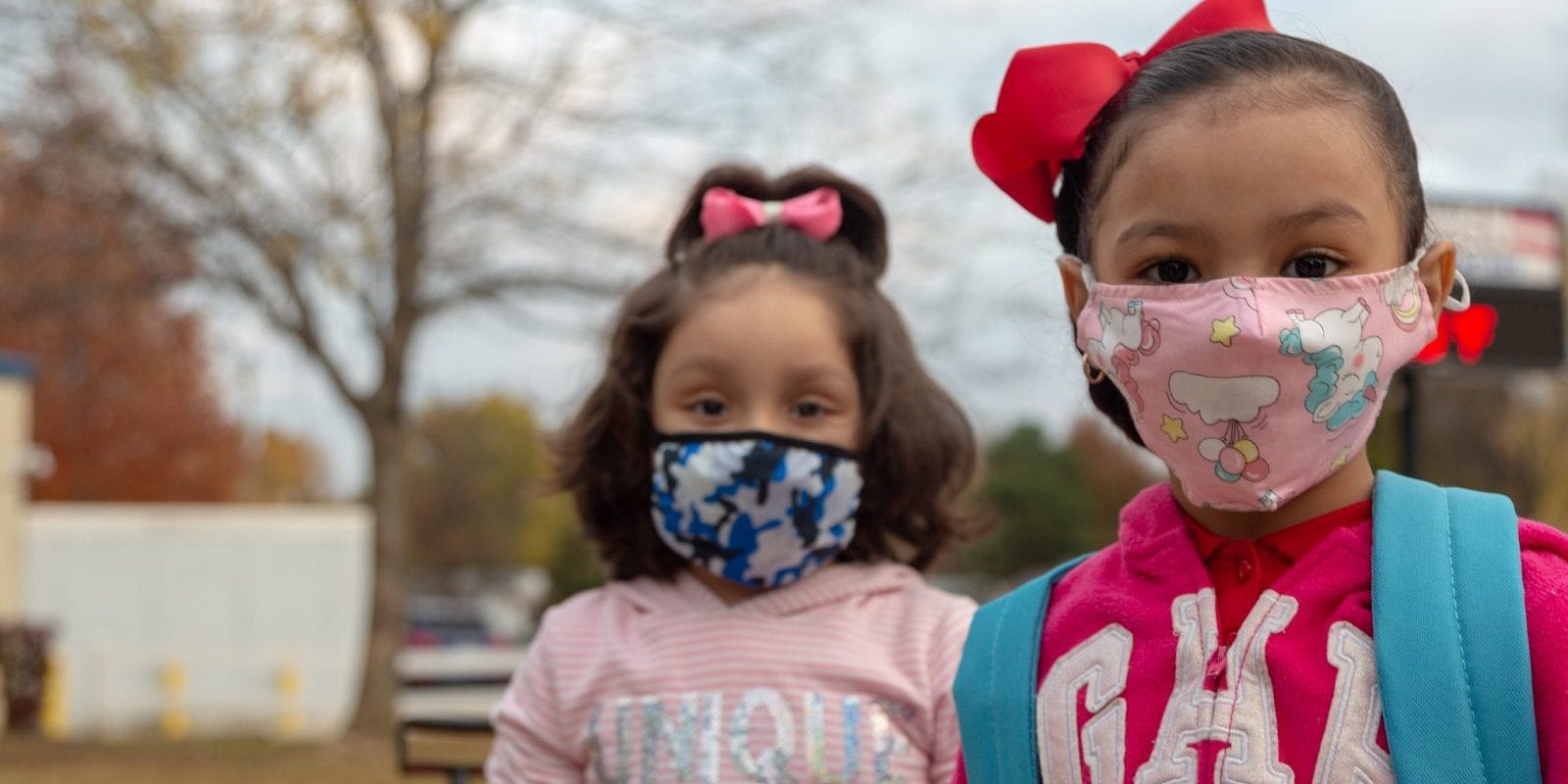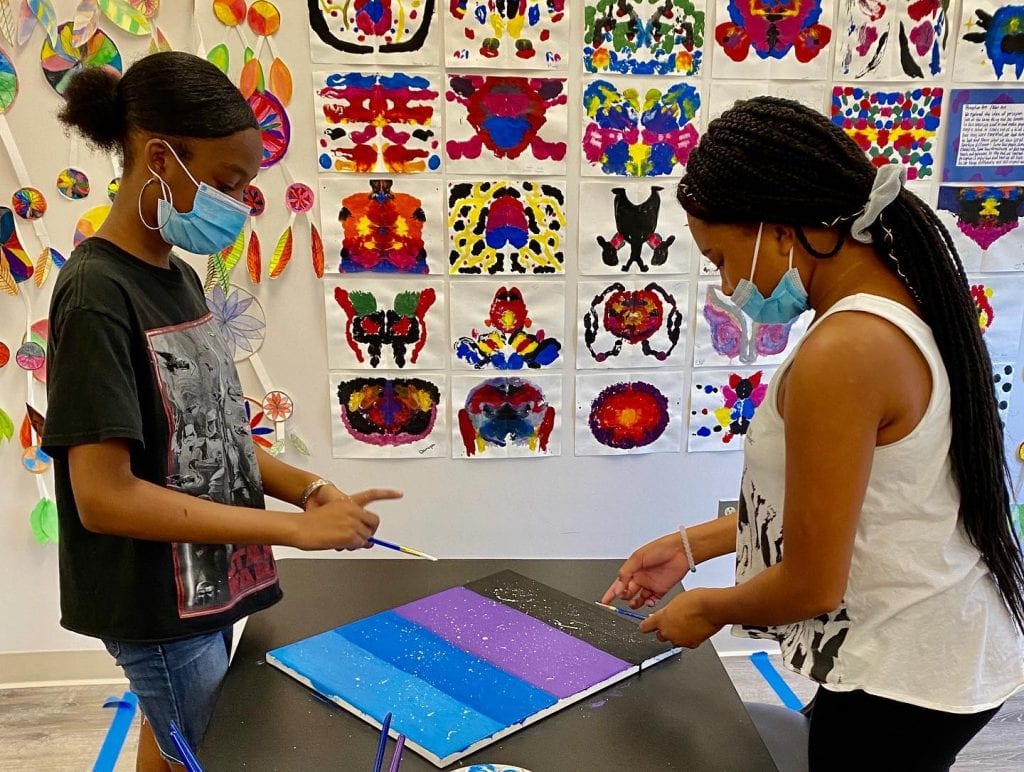Change is most effective when we follow the lead of the stories, experiences and data shared by communities. Across the StriveTogether Cradle to Career Network, we use this information to illuminate challenges, guide conversations and make decisions to get to better outcomes for children and families.
Every year, the Cradle to Career Network provides transformative insights into the work happening in communities across the country through our Civic Infrastructure Assessment. The assessment gives us data on the sustainability and reach of the Network, along with rich narratives about progress and challenges related to systems transformation and the many ways to achieve equitable outcomes.
Our data analysis revealed insights around the journey toward systems transformation, racial equity in the Network and staff and financial sustainability. We’re excited to share what we’re learning with policymakers and other organizations looking to make an impact in communities. We’ll also use these insights to better support the Network through offerings and targeted supports, helping communities ensure the success of every child, cradle to career.
Read more about our findings below, and access stories to see how communities are transforming systems to better serve youth and families.
Insights from the 2020 Civic Infrastructure Assessment
Systems transformation
Network members shared their progress in shifting policies, practices, resources and power structures to Black, Indigenous, Latinx and Asian youth and families and those experiencing poverty. Throughout the pandemic, network members were successful in balancing immediate needs relating to COVID-19 with the long-term vision of systems change.
In 2020, we saw network members brokering the allocation of CARES Act and other COVID-19-related funding to ensure it reached those who needed it most. We saw them facilitate school reopening plans with Black, Indigenous, Latinx and Asian youth and families at the center.
We also saw network members create decision-making roles for youth and families within institutions and organizations, recognizing lived experience and expertise as vital for transforming systems. Network members built the skills of youth and families to identify and advocate for policy changes at the local and state levels.
Above all, these examples underscore the adaptability and perseverance of the Network in pursuit of better, more equitable outcomes.
Equity in the Network
Data tells us that representation matters; it’s important to see the diversity of communities reflected in the staff of the institutions that serve them.
Recognizing this, one positive data point from our analysis is preliminary evidence that the racial diversity of network staff has slightly expanded over the past year. From 2019 to 2020, 23 network members increased the number of staff who identify as people of color; this percentage increased from 40% to 45%.
Leadership roles in the network suggest an underrepresentation of people of color. Leadership tables are comprised of 18% Black and 6% Latinx individuals. Executive directors in the network are 22% Black and 9% Latinx. While we’re celebrating this positive trend, we also recognize that there is still work to be done.
 Sustainability
Sustainability
COVID-19 presented significant challenges for network members. Despite these challenges, evidence from the assessment shows that the Network’s financial status was not negatively impacted by the pandemic in a notable way.
In fact, about 31% of network members saw a notable increase in their budget size, while only 13% saw a notable decrease. Similarly, staff sizes were similar to or larger than 2019 staff sizes, with 18% of network members notably increasing staff size.
Unfortunately, the effects of the COVID-19 pandemic are not yet past us, and the country will be facing pandemic-related challenges for the foreseeable future. Because of this, StriveTogether is supporting network members in several ways: through direct financial support, coaching on leveraging the American Rescue Plan and state-level policy efforts.
Challenges
Through the systems transformation narratives, network members shared challenges as well. We noted several common challenges, including:
- Difficulty in getting buy-in from those with formal authority to change systems
- Dismantling systemic racism and white supremacy
- Building trust with people who have historically been left out of decision making
- The exacerbated gaps in resources brought on by COVID-19, as well as the shift in priorities from long-term systemic change to immediate community needs
- Challenges in communication, which include identifying the right messaging and messengers to reach target communities
While the challenges to systemic change are significant, the StriveTogether Cradle to Career Network is uniquely positioned to shift policies, practices, resources and power structures. Data from the Civic Infrastructure Assessment continues to shine a light on the progress the Network is making to transform systems for Black, Indigenous, Latinx and Asian youth and families and those experiencing poverty.
To learn more, read the full report from the 2020 Civic Infrastructure Assessment here.



 Sustainability
Sustainability



